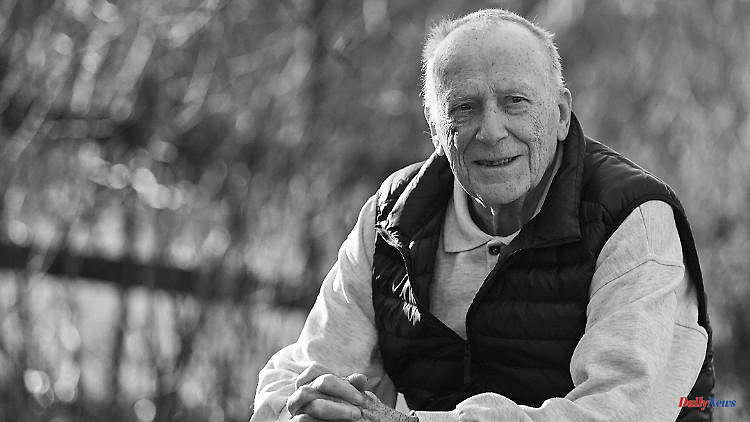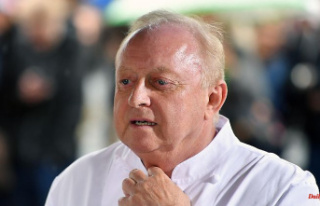Some of the most successful films in the GDR came from his pen: with his flair for authentic reconstructions of uncomfortable realities, the native Berliner succeeded in providing unembellished insights into social reality in works such as "Berlin - Ecke Schönhauser" or "Berlin um die Ecke".
The screenwriter, director and writer Wolfgang Kohlhaase is dead. He died in Berlin today at the age of 91, the Academy of Arts said, citing his wife, the dancer and choreographer Emöke Pöstenyi.
Kohlhaase was one of the best-known screenwriters in the GDR, where he became known for films such as "Solo Sunny" and "Berlin - Ecke Schönhauser". Later he worked on screenplays - for example for the films "Summer in front of the balcony", "In times of fading light" or "When we were dreaming".
Wolfgang Kohlhaase lived in Berlin and in Reichenwalde in Brandenburg. At the Berlinale 2010 he was awarded the Honorary Golden Bear for his life's work. In 2011 he received the Lola for his life's work and the Order of Merit of the State of Brandenburg from the German Film Academy.
He was born in Berlin in 1931. The DEFA Foundation describes his career as he discovered writing while he was still at school. His first screenplay was the youth film "Die Störenfriede" by Wolfgang Schleif.
He worked intensively with Gerhard Klein, Konrad Wolf and Frank Beyer and later directed the film himself. His screenplays, as the foundation describes it online, are characterized by their closeness to life. "The author observes closely, shows unvarnished, authentic realities in the most successful cases."
His younger years were shaped by the Second World War, which he experienced in Berlin-Adlershof. "I tried to talk, write and also make films about the background of my childhood," he said in an interview on his 90th birthday last year. "That was the Nazi era, that was the war. That was the wasted life of my parents."












